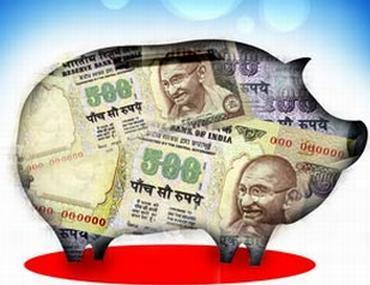
Company deposits are nothing but fixed deposits in companies that earn a fixed rate of return over a period of time.
Company deposits are down-to-earth products. The influential advantage of company deposit is its simplicity. Even the most novices among the investors understand company deposits.
Ever wondered the logic behind why pure vanilla flavoured ice cream sells more than any other flavor? Similar logic is just as true when it comes to company deposits versus many other modern investment options.
With the meltdown of NBFCs (non-banking financial institutions) almost a decade ago, the company deposit market had a major slow down. Volumes, however, still remain significant and there are loyal investors who prefer company deposits to other investment products.
Click NEXT to read the advantages of company FDs
Ramalingam K, an MBA (Finance) and certified financial planner, is founder & director of Holistic Investment Planners (P) Ltd (https://holisticinvestment.in).

Advantages of company deposits:
Click NEXT to read about the risks

Risks in company deposits:
Company deposits are basically unsecured. That is if the company defaults in repaying the interest or principal, the investor will not be able to recover her/his capital.
As a company deposit holder, you don't have any lien on any asset of the company, in case it goes into financial difficulties. This makes the company deposits a risky investment option.
Click NEXT to read how to identify risky company FDs

Identifying risky company deposits:
One of the important tasks in investment planning in company deposits is to identify the risky company deposits and avoiding them. If you find any of the below symptoms in any of the company deposit scheme, then it is better to avoid them.
Click NEXT to read how to choose the right company FD

Checklist for choosing right company deposits:
There are some good investment options in company deposits. Also there are some bad investment options. If you know how to select the right company deposit then company deposits can be really an interesting investment option in your portfolio.
You need to ignore all the un-rated companies and need to choose companies with the rating of AA or higher